Red Chili Colorado is a traditional Southwestern sauce made from dried red chilies, primarily using Chimayó, Guajillo, or Ancho varieties. Unlike tomato-based Tex-Mex sauces, authentic Red Chili Colorado features rehydrated dried chilies as the star ingredient, creating a rich, smoky, and slightly tangy sauce with medium to high heat. This traditional recipe requires just 5 core ingredients: 8-10 dried red chilies, 3 cloves garlic, 2 cups meat broth (chicken or beef), 1 tsp cumin, and salt to taste. Ready in 45 minutes, it yields approximately 2 cups of sauce perfect for smothering burritos, enchiladas, or carne adovada.
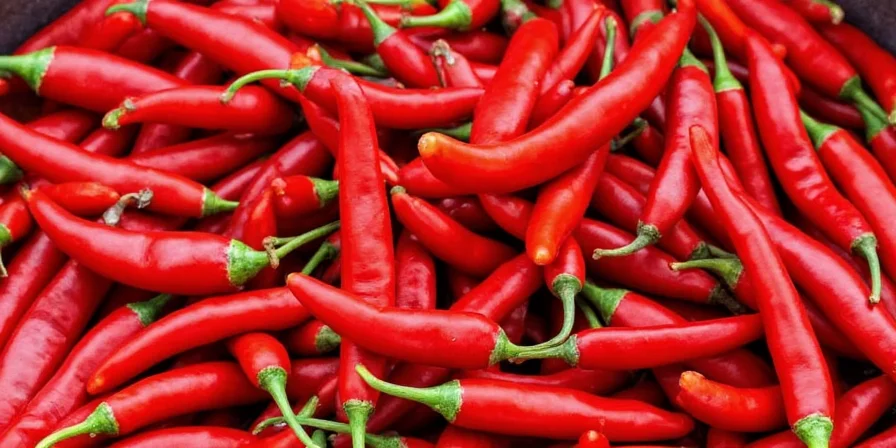
What Makes Red Chili Colorado Different From Other Red Sauces?
The defining characteristic of authentic Red Chili Colorado is its simplicity and focus on dried chilies without tomato bases. While New Mexican red chile often includes garlic and oregano, Colorado's version typically incorporates locally raised meat broth for depth. Texas-style chili is tomato-heavy and stew-like, while Arizona's version tends to be more vinegar-forward. The Colorado variation achieves its signature velvety texture through slow simmering of rehydrated chilies with minimal additional ingredients.
| Variety | Heat Level (SHU) | Flavor Profile | Common Use |
|---|---|---|---|
| Ancho | 1,000–2,000 | Sweet, fruity, earthy | Stews, sauces |
| Guajillo | 2,500–5,000 | Tangy, berry-like | Moles, marinades |
| Chimayó | 3,000–6,000 | Nutty, smoky, complex | Traditional red chile sauce |
Step-by-Step Authentic Red Chili Colorado Recipe
Follow this traditional method used by Southwestern home cooks for generations. This recipe yields 2 cups of sauce and takes 45 minutes.
- Prepare the chilies: Remove stems and seeds from 8-10 dried chilies. Toast in a dry skillet over medium heat for 30-60 seconds per side until fragrant but not burnt.
- Rehydrate: Place toasted chilies in a bowl and cover with 2 cups hot meat broth. Let soak for 20 minutes until soft.
- Blend: Transfer chilies and broth to blender. Add 3 cloves roasted garlic, 1 tsp cumin, and salt. Blend until completely smooth (2-3 minutes).
- Strain: Pour mixture through fine-mesh strainer, pressing with a spoon to extract all liquid. Discard solids.
- Simmer: Return sauce to pan and simmer uncovered for 20 minutes, stirring occasionally, until thickened to velvety consistency.
- Adjust: Taste and adjust salt or add 1 tsp vinegar for brightness if needed.
Common Mistakes to Avoid When Making Red Chili Colorado
- Skipping the toasting step: This crucial step unlocks smoky flavors—don't omit it
- Using water instead of broth: Broth adds essential umami depth that water can't replicate
- Over-blending with skins: Always strain after blending for authentic smooth texture
- Rushing the simmer: Proper 20-minute simmer develops complex flavors
- Adding tomatoes: Authentic Colorado version contains no tomatoes
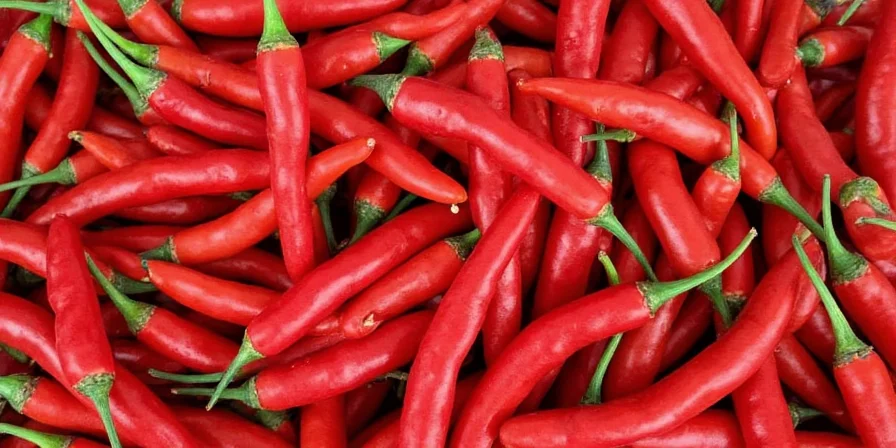
Regional Comparisons: Colorado vs. Other Southwest Styles
| Region | Base Ingredients | Texture | Key Flavor Note | Signature Dish |
|---|---|---|---|---|
| New Mexico | Dried red chilies, garlic, spices | Thick, pourable | Smoky, earthy | Carne adovada |
| Texas | Tomatoes, chili powder, beef drippings | Thicker, almost stew-like | Meaty, robust | Bowl of red chili |
| Arizona | Dried red chilies, vinegar, spices | Thin to medium | Tangy, zesty | Green corn tamales |
| Colorado | Dried red chilies, meat broth, garlic, spices | Velvety, rich | Umami, roasted | Chili-smothered burritos |
Pro Tips for Perfect Red Chili Colorado Every Time
- Chili selection: Use a 2:1 ratio of Ancho to Chimayó for balanced heat and flavor
- Broth choice: Beef broth enhances meat dishes; chicken broth works better for vegetarian applications
- Heat control: Remove all seeds and membranes for milder sauce; include some for extra heat
- Thickness adjustment: Simmer longer for thicker sauce or add broth to thin as needed
- Storage: Keeps for 1 week refrigerated or 3 months frozen in ice cube trays
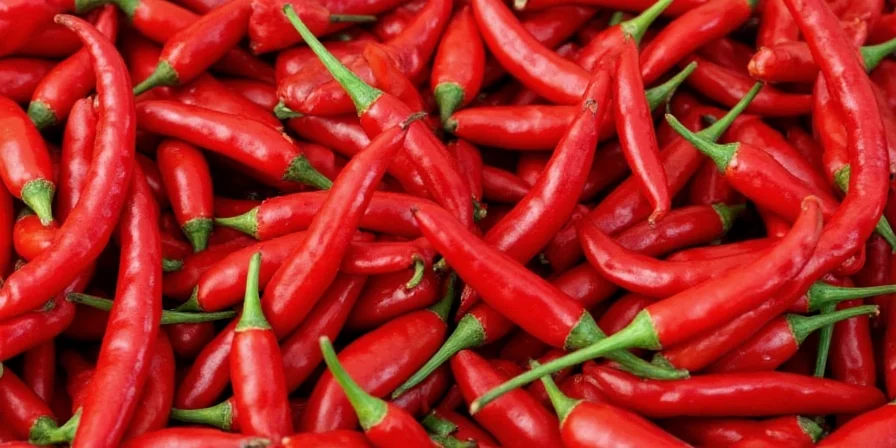
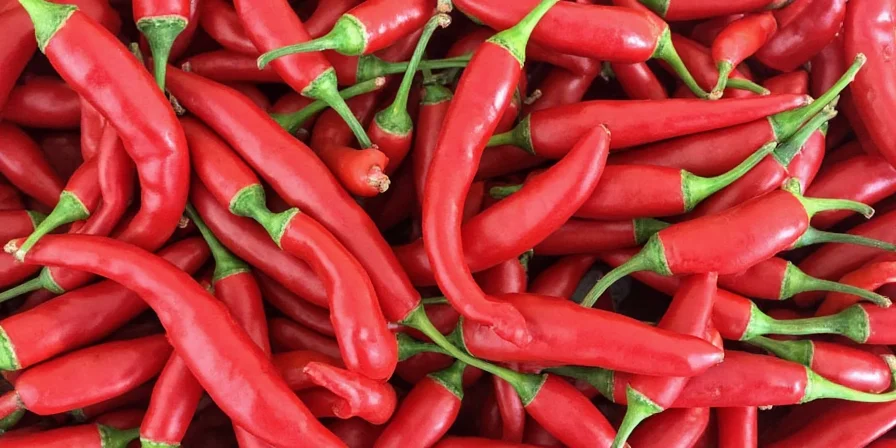
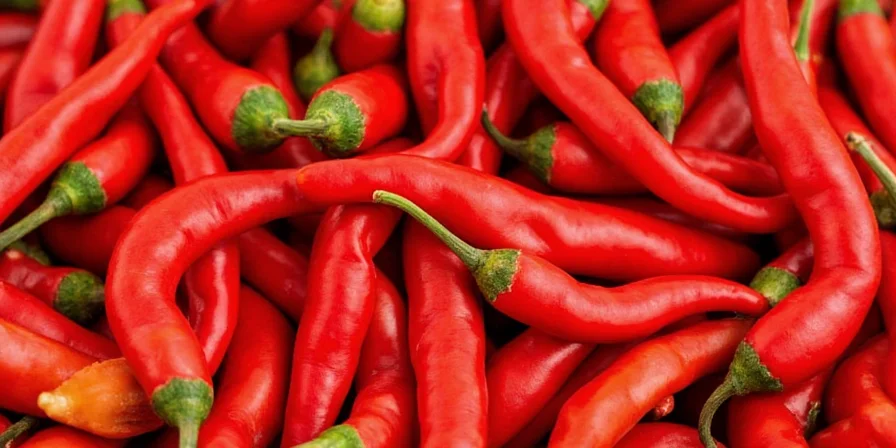
Where to Source Authentic Ingredients
For truly authentic Red Chili Colorado, ingredient quality matters most. Seek out these specific products:
- Chimayó chilies: Available from New Mexico-based vendors like Chimayó Trading Post
- Guajillo chilies: Look for Mexican imports with deep reddish-brown color
- Specialty broths: Use house-made or high-quality store broths without artificial flavors
Culinary Applications Beyond Traditional Dishes
While traditionally served with burritos and carne adovada, modern chefs use Red Chili Colorado in innovative ways:
- Breakfast: As a base for shakshuka or poured over huevos rancheros
- Marinades: Mixed with olive oil for steak or chicken (3:1 oil to chili ratio)
- Soups: As flavor base for tortilla soup or posole
- Condiment: Thinned with vinegar for a spicy dipping sauce
- Baking: Incorporated into cornbread batter for savory twist
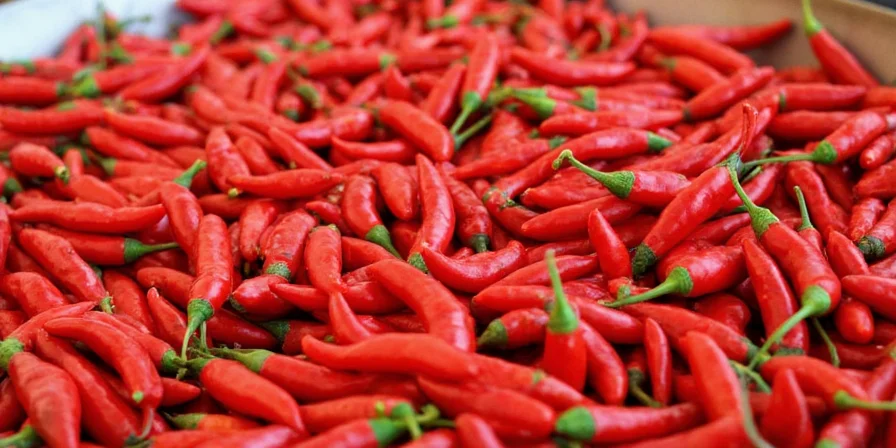
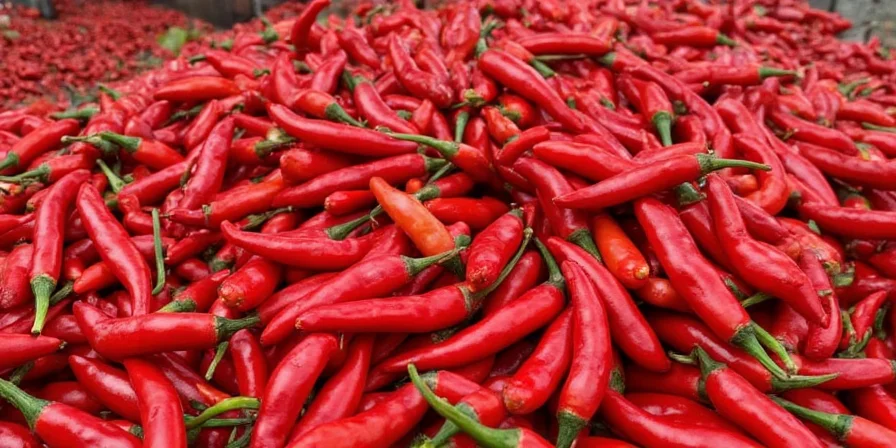
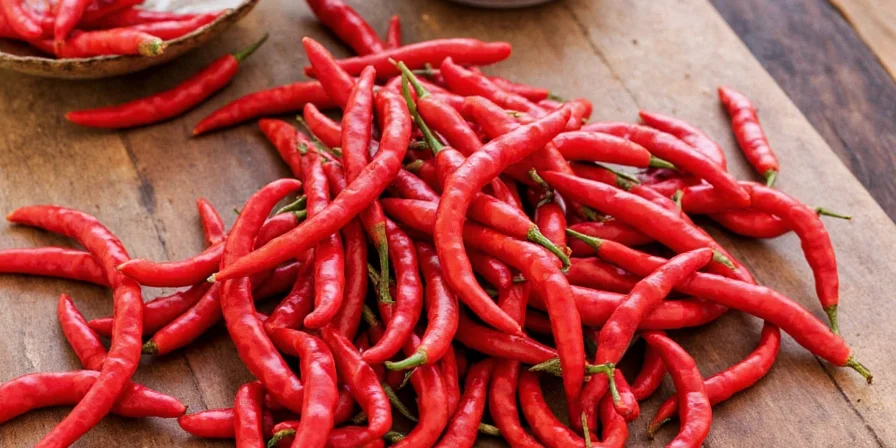
Frequently Asked Questions
Can I substitute fresh chilies for dried in Red Chili Colorado?
While traditional recipes use dried chilies, you can substitute fresh by roasting 12-15 fresh red Hatch or Anaheim chilies until blackened, then peeling and seeding. Expect a brighter, less complex flavor profile than the traditional dried version.
Why does my Red Chili Colorado taste bitter?
Bitterness typically comes from over-toasting chilies or including too many seeds. To fix: simmer with 1 tsp honey or apple cider vinegar, which balances bitterness without making sauce sweet.
How do I adjust heat level in Red Chili Colorado?
For milder sauce: remove all seeds and inner membranes before toasting. For hotter sauce: include some seeds or add a small dried árbol chili. Heat develops during simmering, so wait until final stages to make major adjustments.
Is Red Chili Colorado the same as red chile sauce?
Red Chili Colorado is a specific regional variation of red chile sauce. While all Red Chili Colorado is red chile sauce, not all red chile sauce qualifies as Colorado-style, which specifically uses meat broth and lacks tomatoes.
Storage and Preservation Techniques
Proper storage maintains flavor and extends shelf life of your Red Chili Colorado:
- Refrigeration: Store in airtight container for up to 7 days
- Freezing: Portion into ice cube trays (1.5oz portions), freeze, then transfer to bags for 3 months storage
- Canning: Process in water bath canner for shelf-stable preservation (pH must be below 4.6)
- Drying: Spread thin layer on parchment, dry at 170°F until brittle, then grind to powder
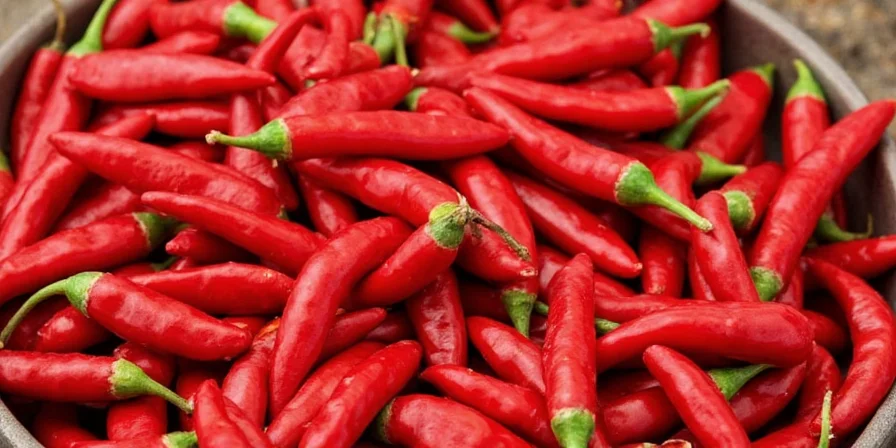

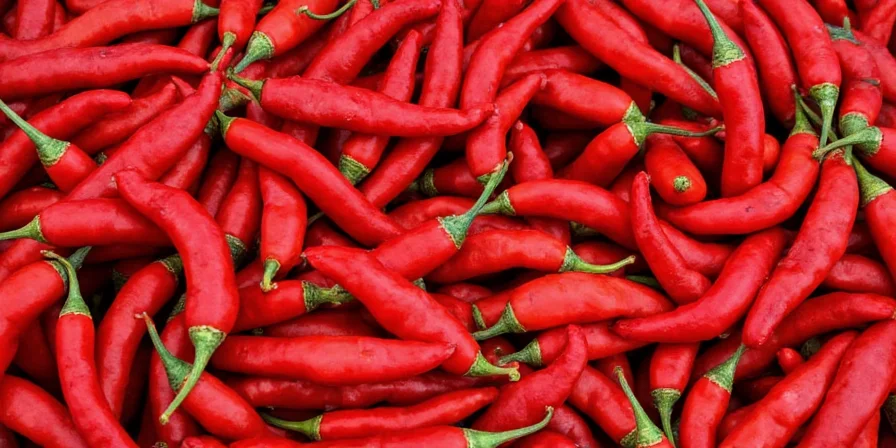









 浙公网安备
33010002000092号
浙公网安备
33010002000092号 浙B2-20120091-4
浙B2-20120091-4